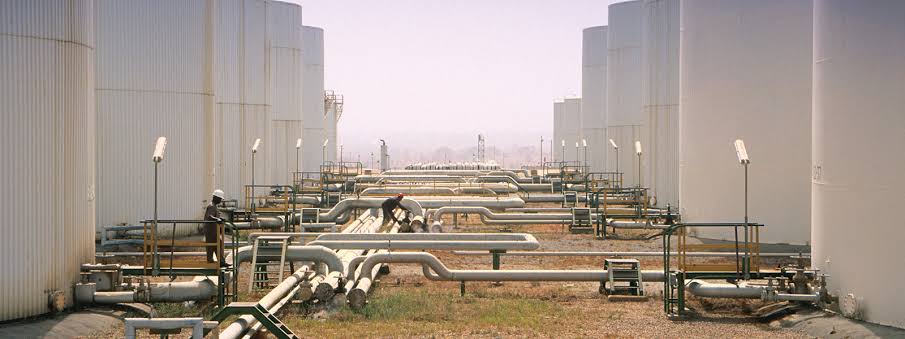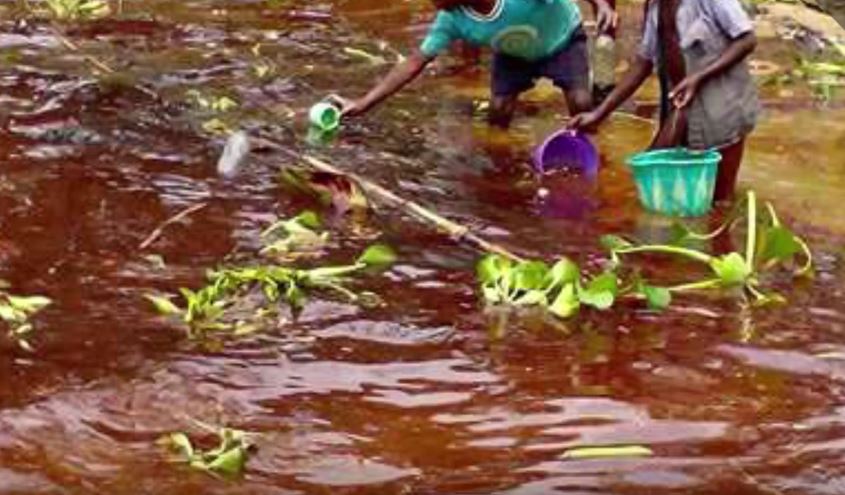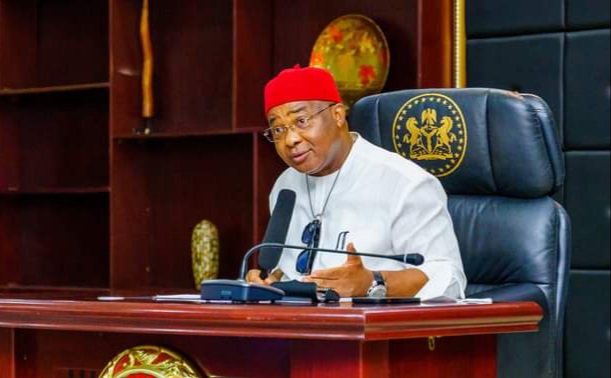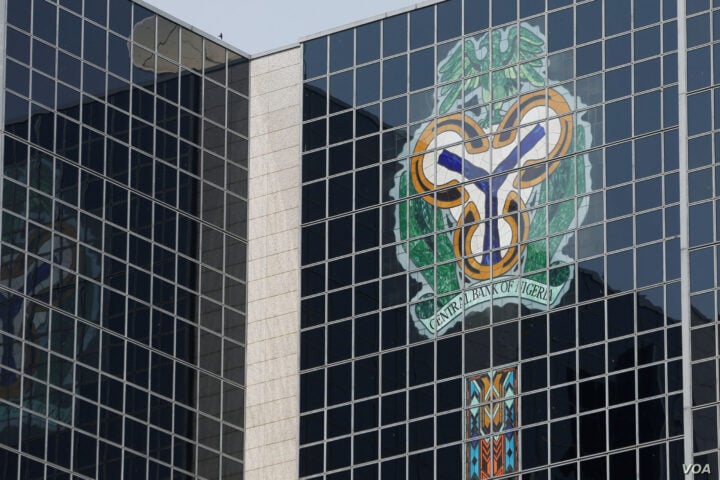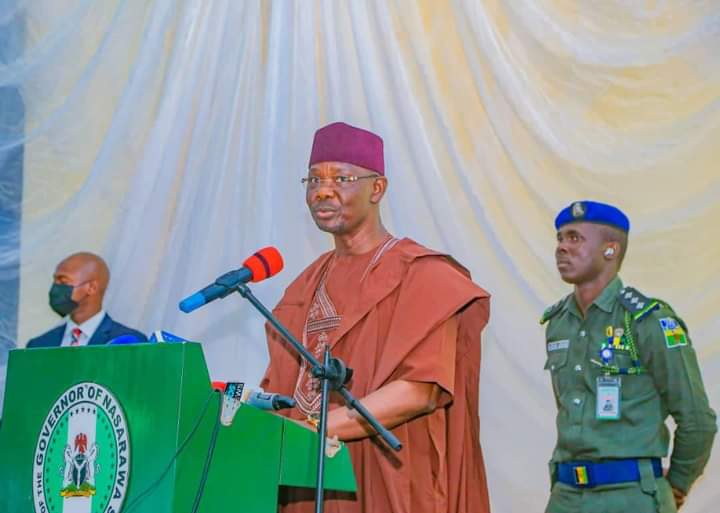After a prolonged delay, President Muhammadu Buhari has finally flagged off construction work for the Nigeria Liquified Natural Gas (NLNG) Train 7 project in Bonny Island, Rivers state.
The Train 7 project is a joint venture consortium that seeks to boost Nigeria’s Liquefied Natural Gas (LNG) output, whose largest shareholder is the Nigerian National Petroleum Commission (NNPC) with 49 percent shares.
The other shareholders include Shell Gas B.V (SGBV) with 25.6 percent; Total Gaz Electricite Holdings France, 15 percent stake; and Eni International (N.A) N.V.S.a.r.l, with 10.4 percent stake.
The project has been long coming and is only starting to materialise years after it was reportedly meant to have taken off under the Jonathan administration.
Advertisement
In his book, “From Storeroom to Boardroom: How Integrity and Courage Shape Global Business”, Babs Omotowa, former chief executive officer (CEO) of NLNG, narrated how the lack of political support from former President Goodluck Jonathan “deliberately stalled” the NLNG Train 7 project.
‘TRAIN 7 WOULD COMPETE WITH BRASS LNG’
Omotowa said that after Jonathan had appointed Dizeani Alison-Madueke — who is also from Bayelsa, just as the president — as minister of petroleum resources in 2010, the government became more interested in situating the Brass LNG project in the state.
Advertisement
He said Jonathan and Dizeani saw the location of the NLNG Train 7 project in Bonny Island in Rivers as a competition to the proposed Brass LNG in Bayelsa.
“As a result, Train 7 fell from favour and remained stuck due to the loss of government support, which is crucial for any LNG project. However, we had to move as the window of opportunity was closing. Shale gas was adding competition, and a price decline was looming,” the former NLNG CEO said in the book.
“The pursuit of Train 7 became pivotal during my tenure. Its economics were good, and it ranked high in the portfolio of shareholders, including NOC. The challenge was (re)gain political support, crucial for a project of this magnitude as the government plays a big role in LNG projects worldwide.
“With my team, I developed the engagement strategy. One strand was to enrol leaders with influence to sway the president and minister to enable us to bring shareholders (including NOC) on board. The other was to raise public awareness and clear the myths that had been released into the public domain in the past. Such as the myth that there was inadequate gas for domestic and export use.”
Advertisement
AMAECHI ‘COULD NOT UNDERSTAND WHY JONATHAN WAS NOT IN SUPPORT’ OF TRAIN 7
Omotowa also said he had contacted Rotimi Amaechi, then-governor of River, who was also in the Peoples Democratic Party (PDP) with Jonathan.
“To enrol national and state leaders, we started naturally with River state, as the host of NLNG. Amaechi was in the same party as the then President. They were friends, and he had the president’s ear,” he wrote.
“I explained Train 7 and the value it would bring to his state (jobs, $10 billion investment). NLNG would raise the finance itself. He was stuck that there was no requirement for the government to provide funds for the projects despite their value.
Advertisement
“He was enthused by the benefits to his state (jobs) and country (revenue) and could not understand why the president and minister were not supportive.”
Weeks later, Omotowa said Amaechi told him that the president and the minister “admitted that they were withholding support until Brass LNG’s final investment decision (FID) was sanctioned.”
Advertisement
“Amaechi was furious. Others described it as agitated confrontation,” he added.
“The disagreement about Train 7 was one of the issues that led to a breakdown in the relationship between Amaechi and the president.”
Advertisement
Omotowa noted that the myth that the Train 7 project was in competition with Brass LNG was “myopic” as the competition was between Nigeria and other countries and not projects in Nigeria.
…ENTER BUHARI — AND TRAIN 7 TOOK OFF
Advertisement
Omotoba added that the NLNG team continued in their efforts to get the government’s support up to the election of Buhari as president in May 2015. That was when things changed for good.
According to him, “along with the board, we met the new president in 2015. He knew of NLNG, having been Commissioner (Minister) for Petroleum Resources in 1976 and Chairman of NNPC in 1977, all as part of General Obasanjo’s administration.
“He had become aware of the delay in Train 7 from our campaign. He said the government had originally planned for 12 trains. He was happy with the progress to six trains but disappointed that the previous administration had not supported the seventh train and eighth trains. He signalled to the oil minister and NOCGMD that they should provide support. This was a major outcome.”
Thereafter, the Train 7 project made quick progress, resulting in the signing of the FID by shareholders in December 2019 and engineering procurement and construction EPC contract in 2020.
